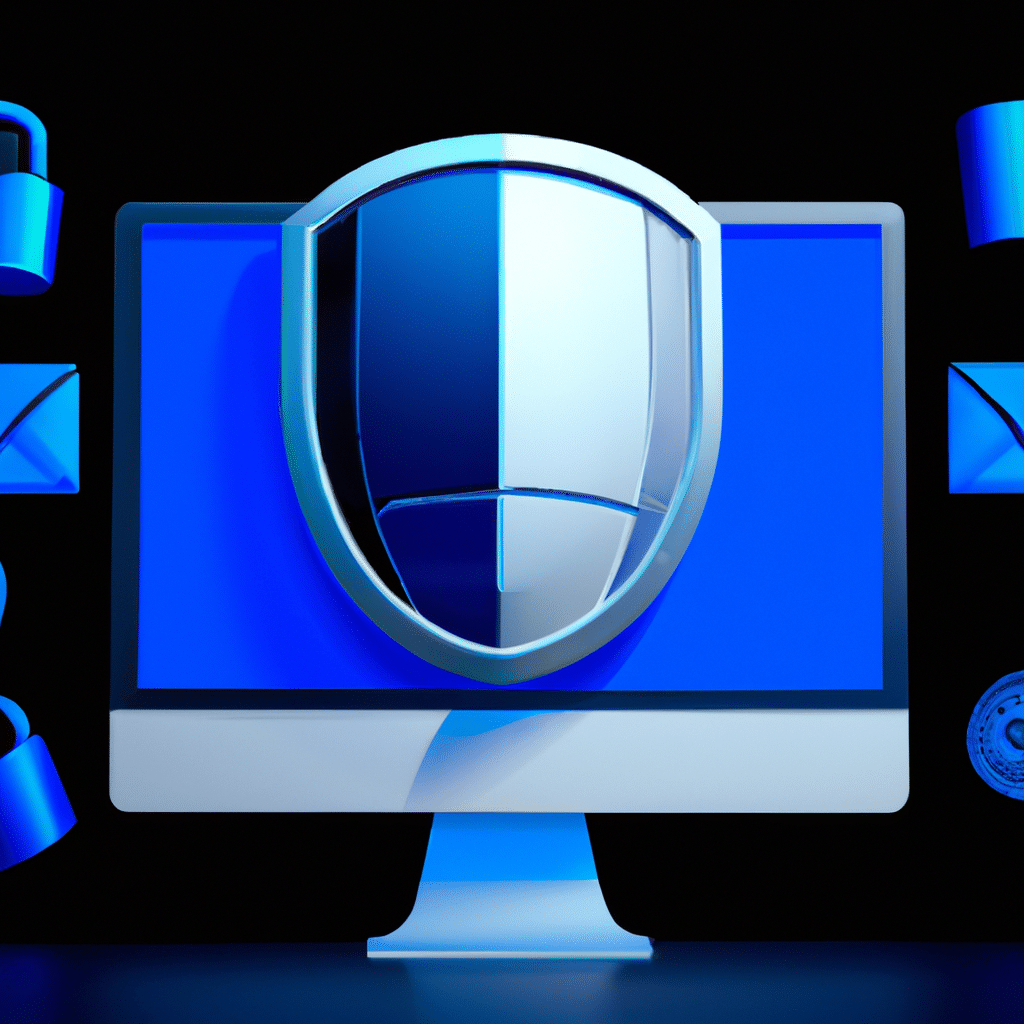How to Secure Your Computer from Hackers and Malware
In today’s digital age, it is crucial to protect your computer from hackers and malware. Hackers are constantly looking for vulnerabilities in your system to exploit, while malware can cause significant damage to your computer. In this article, we will explore the best ways to secure your computer from hackers and malware.

Keep Your Operating System and Software Up-To-Date
One of the most important things you can do to protect your computer is to keep your operating system and software up-to-date. Developers are constantly releasing updates that address security vulnerabilities and fix bugs that could be exploited by hackers.
Make sure to turn on automatic updates for your operating system and software. This will ensure that you receive the latest updates as soon as they are released.
Use Antivirus Software
Antivirus software is an essential tool for protecting your computer from malware. Antivirus software scans your system for malicious software and removes it from your computer.
Make sure to choose reputable antivirus software and keep it up-to-date. Some popular antivirus software options include Norton, McAfee, and Avast.
Use a Firewall
A firewall is a software program or hardware device that monitors and controls incoming and outgoing network traffic. A firewall can prevent unauthorized access to your computer and help protect against malware.
Make sure to turn on your computer’s built-in firewall or install a third-party firewall program. This will add an extra layer of security to your computer.
Use Strong Passwords
A strong password is one of the best ways to protect your computer from hackers. Make sure to use a unique and complex password for each of your accounts. Avoid using easily guessable passwords like “password123” or “qwerty.”
Consider using a password manager to generate and store strong passwords. This will make it easier to manage your passwords and keep them secure.
Be Careful When Clicking on Links
Hackers often use phishing scams to trick users into clicking on malicious links. These links can lead to malware infections or stolen personal information.
Be cautious when clicking on links in emails or on websites. Make sure to hover over the link and check the URL before clicking on it. If it looks suspicious, don’t click on it.
Use Two-Factor Authentication
Two-factor authentication is a security feature that requires users to provide two forms of identification to access their accounts. This adds an extra layer of security to your accounts and can help protect against hacking attempts.
Make sure to enable two-factor authentication for all of your accounts that offer it. This will make it harder for hackers to access your accounts even if they have your password.
Back Up Your Data Regularly
Backing up your data regularly is an important part of protecting your computer from malware and other threats. If your computer is infected with malware, you may lose important files and data.
Make sure to back up your data regularly to an external hard drive or cloud storage service. This will ensure that your data is safe and can be restored in the event of a malware infection.
Conclusion
In conclusion, securing your computer from hackers and malware is crucial in today’s digital age. By following these tips, you can help protect your computer from malicious attacks and keep your personal information safe. Remember to keep your operating system and software up-to-date, use antivirus software and a firewall, use strong passwords, be careful when clicking on links, use two-factor authentication, and back up your data regularly. By taking these steps, you can help ensure the security of your computer and your personal information.












